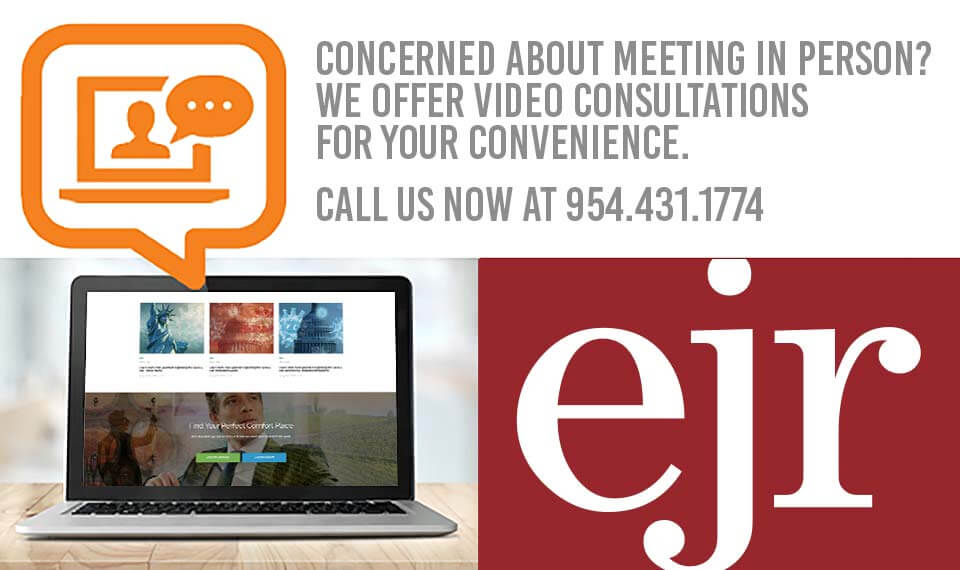You reached a great milestone when your organization became competitive enough to offer your employees a qualified retirement plan under ERISA (Employee Retirement Income and Security Act of 1974).
However, success can bring new challenges. As the assets of your Plan grow, so can your fiduciary liability, exposing you to loss and litigation.
As a Plan Sponsor, you can mitigate your risk by hiring service providers who agree to assume or share fiduciary liability. ERISA specifically describes the duties of Plan Administrator and Investment Advisors
in sections 3(16), 3(21) and 3(38) that can be outsourced to help you avoid risk and non-compliance with federal regulations. (See Types of ERISA Fiduciaries).
Here is a checklist of some questions to ask yourself in deciding if the time is right for you to hire service providers, and a list of some areas to address with a potential provider.
Plan Design
Plan design is an important part of any plan. A solid plan design and attention to the execution of these features will help plan sponsors maximize the benefit of their plan for themselves and their employees.
• Has it been more than 18 months since you reviewed your Plan Document?
• Are you certain you have maximized benefits for owners and key employees?
• Does your Plan allow participants to make after-tax (Roth) contributions to their accounts?
Management, Administration, and Fees
The management, administration, and fees related to the operation of any retirement plan are important
factors when choosing a service provider. As mentioned previously paying “reasonable” fees and expenses
while ensuring that the management and administration of your retirement plan runs smoothly is a balance
that each fiduciary must meet (see Fiduciary Responsibilities for Benefit Plans under ERISA).
• Were you made aware of new plan design options on a timely basis?
• Does the administration of your retirement plan take too much of your time?
• Do you offer self-service features to help participants manage their own retirement accounts?
Participant Education and Retirement Resources
Ensuring that your participants have the resources available to make informed decisions and are kept up to date on the issues affecting their retirement plan helps plan sponsors motivate employees in making sound retirement decisions.
• Do you maintain a formal education program?
• Do you have regularly scheduled enrollment and education meetings?
• Are you happy with the percentage of employees participating in your retirement plan?
Investment Selection and Monitoring
The selection of investments in your retirement plan is as important as the design of your plan. Outsourcing these services to a 3(21) or 3(38) fiduciary can help limit the liability plan sponsors face when choosing and monitoring the investments (see Types of ERISA Fiduciaries).
• Has your investment policy been reviewed and followed in the last 12 months?
• Do you have a documented rigorous investment selection and review process?
• Does your plan offer all the appropriate core investment categories?
ERISA Compliance and Fiduciary Responsibility
Understanding your role as a fiduciary of the plan is important in meeting the high standard of conduct defined under ERISA. To see if you are a fiduciary of the plan, your responsibility as a fiduciary, or how to mitigate your liability as a fiduciary read our recent articles: Are you a Fiduciary?, Fiduciary Responsibilities
for Benefit Plans under ERISA , and Types of ERISA Fiduciaries.
• Are you provided excellent guidance, education and support in understanding your fiduciary responsibilities?
• Do you have a fiduciary assurance feature related to the suitability of the investment monitoring process and fund lineup?
• Do you have all the tools and resources needed to help discharge you of your fiduciary responsibilities?
Download EJReynolds’ 401(k) Compliance Review to assess how well your 401(k) Plan is operating up to today’s standards.
EJReynolds, along with your advisor, can assist you in reviewing and defining you plan objectives, help you be more prescriptive with your investment options, and more easily communicate with employees who want to understand how to achieve their own retirement income goals.


